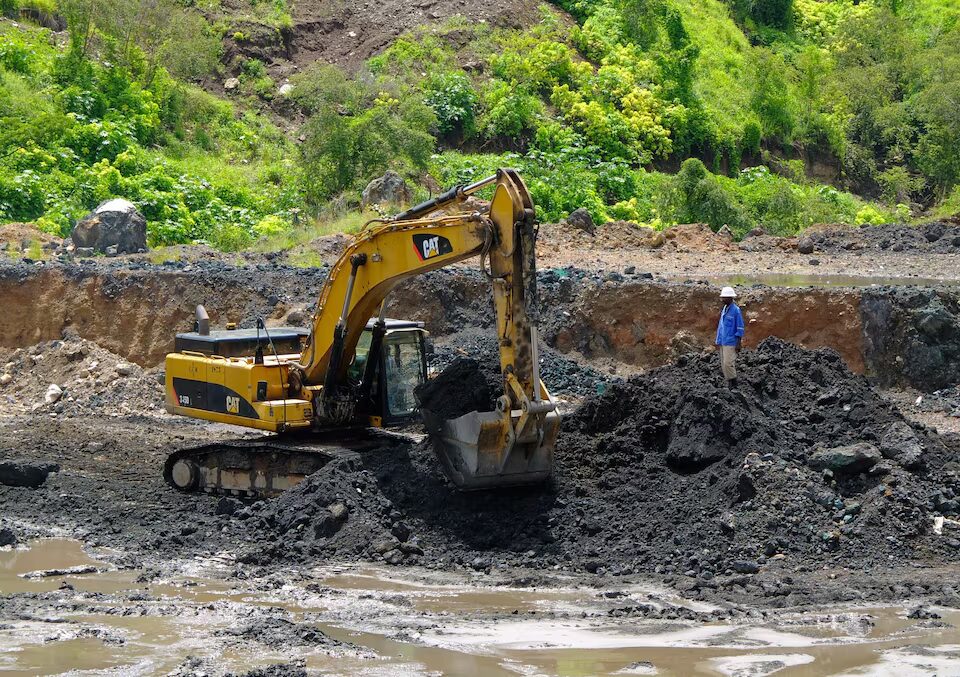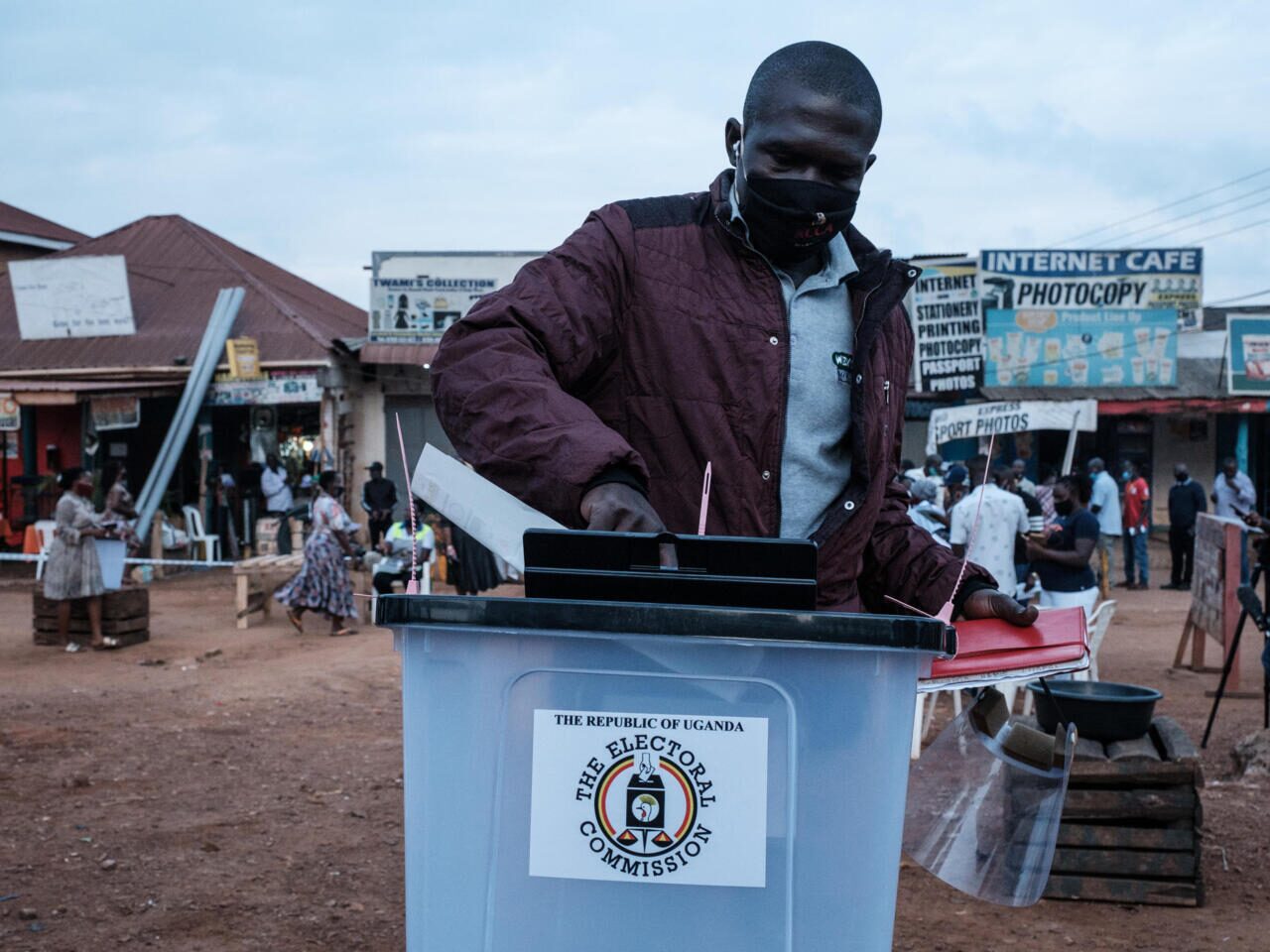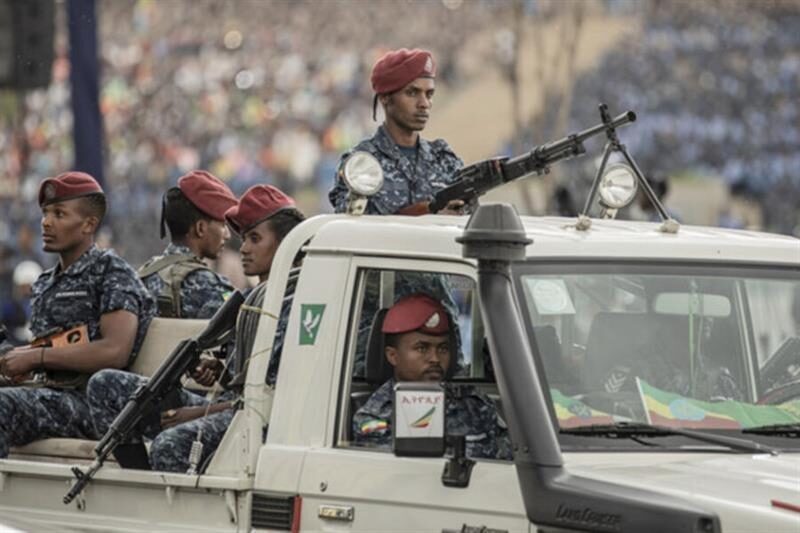
Thursday, 28th August 2025.

Par inAfrika Reporter
Rwanda has confirmed that the first group of seven migrants deported from the United States has arrived in Kigali, marking the operational start of a controversial third-country relocation agreement. The Rwandan government says the arrivals are the first under a bilateral deal allowing up to 250 U.S. deportees to resettle in Rwanda with access to accommodation, healthcare, and job-training programs. Kigali emphasizes that it will vet each case and that people accepted under the arrangement will not be detained.
The transfer follows an agreement quietly signed in June and disclosed publicly earlier this month. Reuters reported that the U.S. would provide Rwanda with a grant to help support resettlement services, and that Kigali retains the right to approve or reject individual cases. While officials have not disclosed the size of the grant, the pact can be extended beyond 250 people by mutual consent. The deal positions Rwanda as a go-to partner for third-country relocations at a time when the U.S. administration is expanding immigration enforcement and testing new legal pathways to remove people who cannot easily be sent to their countries of origin.
Rights groups have raised concerns about due process and safety, noting that third-country deportations can send people to places where they have no ties, limited language skills, and fewer legal protections. Critics also point to Rwanda’s own human-rights record, arguing that the country’s tight political space and regional security posture make it an imperfect host for vulnerable deportees. Kigali rejects that characterization, citing decades of experience with reintegration after the 1994 genocide and framing the agreement as a humanitarian contribution backed by social services.
The Rwanda-U.S. deal comes after Kigali’s earlier, high-profile migration arrangement with the United Kingdom collapsed. The UK scheme—blocked in courts and later scrapped—became a proxy fight over asylum obligations in Europe. Rwanda is now signaling openness to new migration partnerships, even as British politics revisit mass deportation proposals. For Kigali, such deals can bring diplomatic leverage and financial inflows; for partner governments, they offer an outlet to manage politically charged deportations. Whether these arrangements prove sustainable depends on legal challenges, public opinion, and the lived outcomes for people who are moved.
In the U.S. context, third-country removals are part of a broader enforcement push that includes efforts to deport people with criminal convictions to countries like South Sudan and Eswatini, as well as to Latin American states via negotiated returns. Supporters argue that such transfers help reduce backlogs and deter irregular migration. Opponents warn they can short-circuit asylum protections, export complex social problems to less wealthy countries, and strain host communities if support packages are thin. As with the UK debate, the politics are polarizing: governments see deterrence; advocates see rights erosion.
For Rwanda, the operational test begins now. Authorities must demonstrate that arrivals are housed safely, enrolled in health coverage, and linked to credible job pathways—not just in Kigali’s central districts but in communities where long-term resettlement might occur. Transparent reporting on outcomes will matter: Are people finding work? Do children access school? What happens after initial stipends expire? Success stories could strengthen Kigali’s case for future agreements; missteps will amplify criticism at home and abroad.
For East African neighbors, the development is a reminder that global migration politics seldom stay “global.” If third-country deals expand, the region could see spillover effects—from new funding streams to pressure on social services, depending on how agreements are structured. Close monitoring by civil society and parliaments will be essential to ensure standards are upheld and communities are consulted.
Bottom line: the first seven arrivals make an abstract agreement real. What follows—services, transparency, and human outcomes—will determine whether Rwanda’s third-country experiment becomes a model or a cautionary tale in the contentious politics of migration


